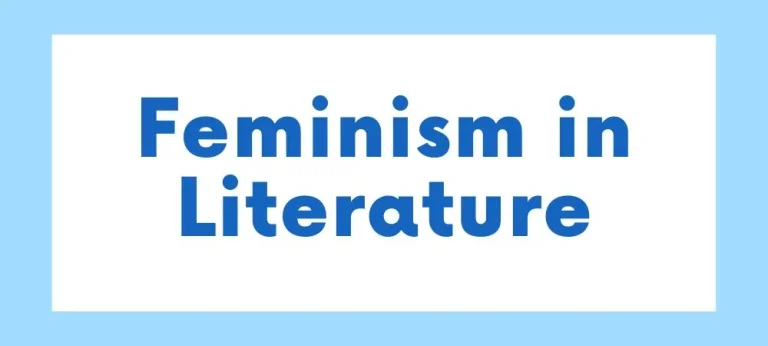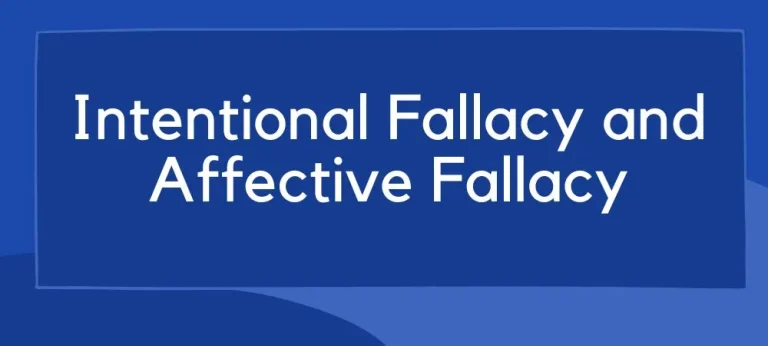Feminism is a broad term that investigates women’s position in society and fights for their rights and opportunities. The study of how literary texts depict or disregard women, support or challenge prejudices, has been the core activity of feminist criticism. “Feminist Criticism is a political act whose aim is not simply to interpret the world but to change it, by changing the consciousness of those who read and their relation to what they read,” writes Judith Fetterley in her book “The Resisting Reader”.
Oxford Movement in English Literature
John Henry Newman, the most famous member of the Oxford Movement, and Edward Bouverie Pusey, who only later joined the movement and would supersede Newman as head after Newman’s 1845 conversion to Catholicism, both lectured at Oriel College in Oxford.






